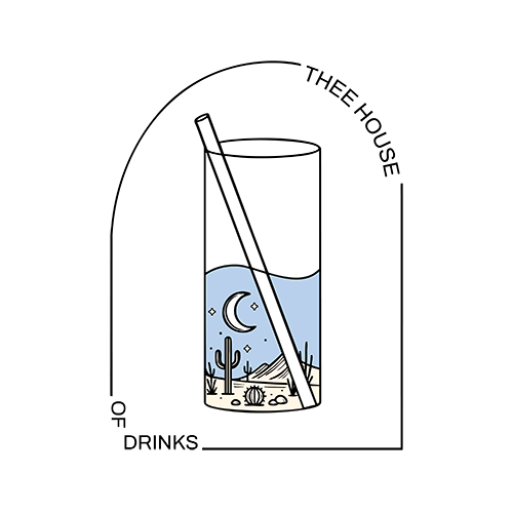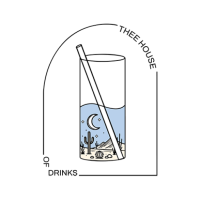When planning an event in Arizona that includes alcohol, the question of licensing can quickly become confusing. If you’re considering a bar rental service or bringing in a mobile bar rental, it’s essential to understand your legal obligations—especially regarding liquor licenses. This guide breaks down what you need to know to stay compliant and stress-free.
1. When Do You Need a Liquor License in Arizona?
The need for a liquor license depends on who is providing the alcohol and how it’s being distributed. There are three typical scenarios:
- You provide and serve the alcohol yourself: You may not need a license, but you accept full liability.
- Your bartender provides and serves alcohol: A mobile bar rental with staff must have the appropriate license.
- Alcohol is sold on-site: A temporary or special event liquor license is required.
2. Who Handles the License—You or the Rental Company?
If you’re hiring a licensed bar rental service, the vendor should already have:
- An Arizona Department of Liquor Licenses and Control permit
- Liability insurance
- Properly certified bartenders
Always ask your provider to show proof of:
- Liquor liability coverage
- License type (Series 6 or 7 for events)
3. What if You Provide Your Own Alcohol?
This is common for weddings or backyard parties. In this case:
- You don’t need a liquor license if alcohol is not being sold
- You still need a licensed bartender to serve (smart serve or TIPS certified)
- The mobile bar rental provider should not supply alcohol unless licensed
4. Special Event Liquor Licenses
If you’re hosting a public event, fundraiser, or large festival, you may need a Special Event Liquor License:
- Filed through the Arizona Department of Liquor
- Requires a nonprofit sponsor
- Must be submitted 10–30 days before the event
5. Permits for Mobile Bars in Phoenix
Check with local city ordinances:
- Phoenix may require additional permits for temporary structures
- Scottsdale and Tempe often have stricter zoning laws
- Always consult both state and city agencies
6. Avoiding Common Legal Mistakes
- Don’t assume the rental company has a license—ask for documentation
- Don’t sell tickets or drinks unless you’re fully licensed
7. Liability Considerations
A bar rental near me might sound convenient, but you are legally responsible if:
- Underage guests are served
- Intoxicated guests drive home
- An incident occurs due to alcohol consumption
8. Key Takeaways
- Work with licensed, insured providers
- Understand who is supplying the alcohol
- If it’s a private party and alcohol is free, no license is usually needed
- For public or ticketed events, you will likely need a temporary license
Need Help Navigating Arizona’s Liquor Laws?
Tell us about your event and we’ll advise you on licensing needs—plus help you get the perfect bar rental setup without the legal headaches.
Simply fill out our contact form or call us to begin your bar rental booking. We’ll walk you through package options and lock in your event date.

